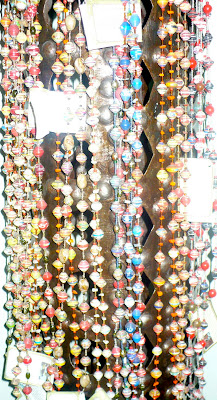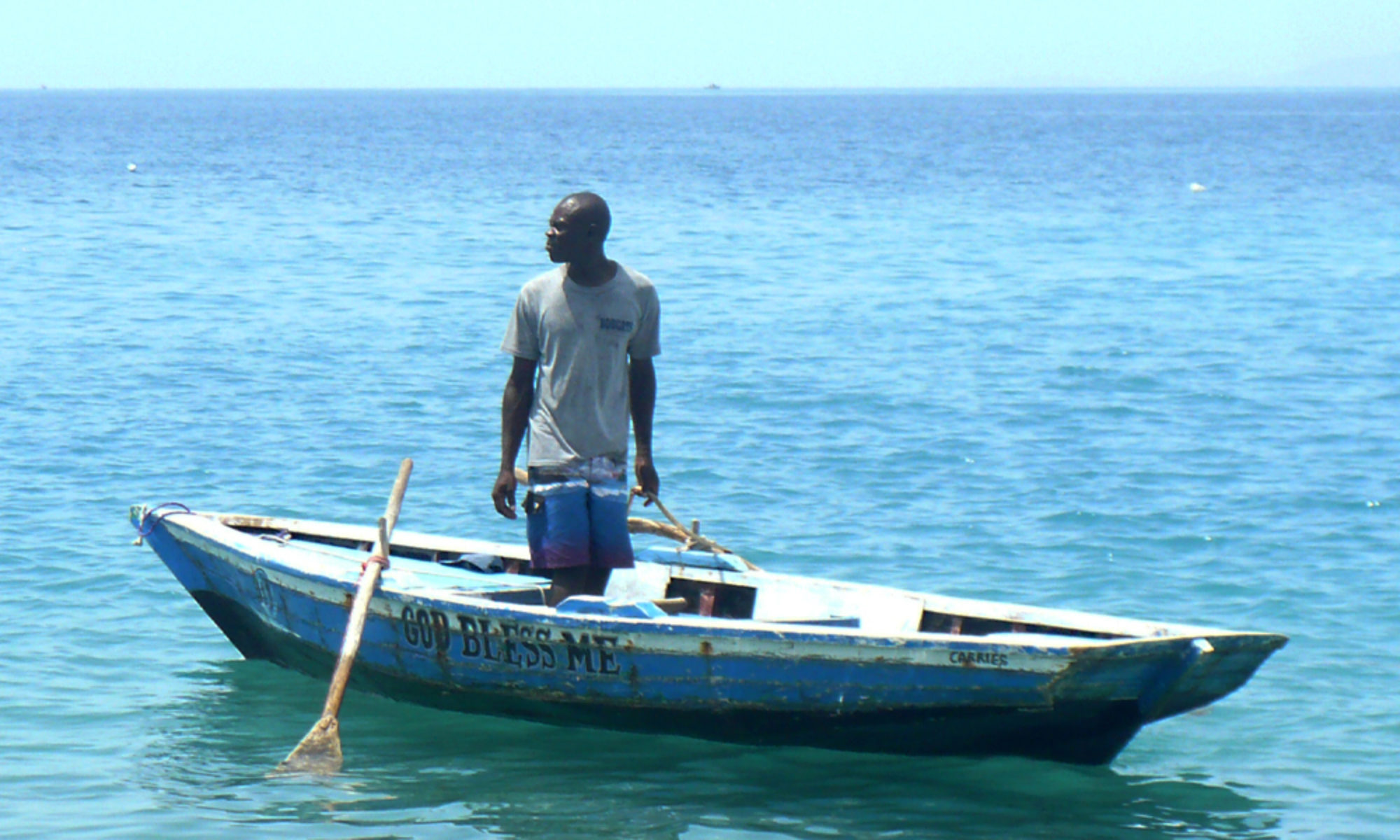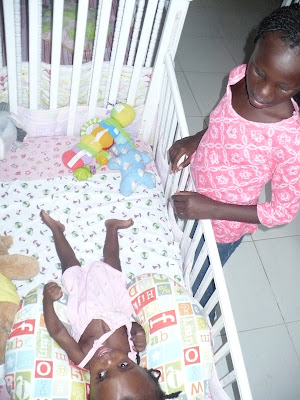| Welcome to The Apparent Project…One of my favorite places with some of my favorite people! The Apparent Project is located just a few blocks from us. If you have come to visit us you have probably been here. But you don’t have to come to Haiti to visit because the AP can come to you! Check it out here! http://www.apparentproject.org/jewelryparty.html If you need to raise funds for your organization/missions trip, check out the bracelet fundraiser!! It has been a great success in helping people get the funds they need AND helping create jobs in Haiti! If anyone would like to help us raise funds for our adoption cost while helping others in Haiti and raising awareness about Haiti please check this out! Scroll down to almost the bottom of the page on the link above for more info! |
 |
| Haitian hands at work |
| Handmade Beads |
 |
| Discarded Cereal Box |
Apparent Project artisans make these beads out of cereal boxes that would have ended up in one of the many trash piles that collects on the sides of the roads and builds up the ravines in Haiti.
Instead they are recycled into something beautiful that not only changes the landscape of Haiti but many Haitian lives.
| Ready for Remake |
This is where all of our cereal and other boxes go to be recycled. It makes me so happy not to put them in the trash. It makes me even happier when I go to the Apparent Project (which I do often) and see what has become of our trash.
 |
| Once trash, now treasure |
Beautiful jewelry is just one of the things that is created at the AP. They also employ and empower Haitian artisans who make things like handwoven baskets, children’s clothing, crocheted handbags, hairbows, journal covers, metal art, and the purses that typically adorn my side. Here I am with one of the artisans that created my purse. Each purse or jewelry item includes a card with a picture and story of the artisan that created it. Such as…
Marie George is a widow with three children. She is currently homeless and was working so hard in our new rag rug program hoping to save enough to rent a house and take care of her children. We saw her potential and started her in our seamstress training program. She is doing wonderfully and hopes to earn enough to rent a house.



